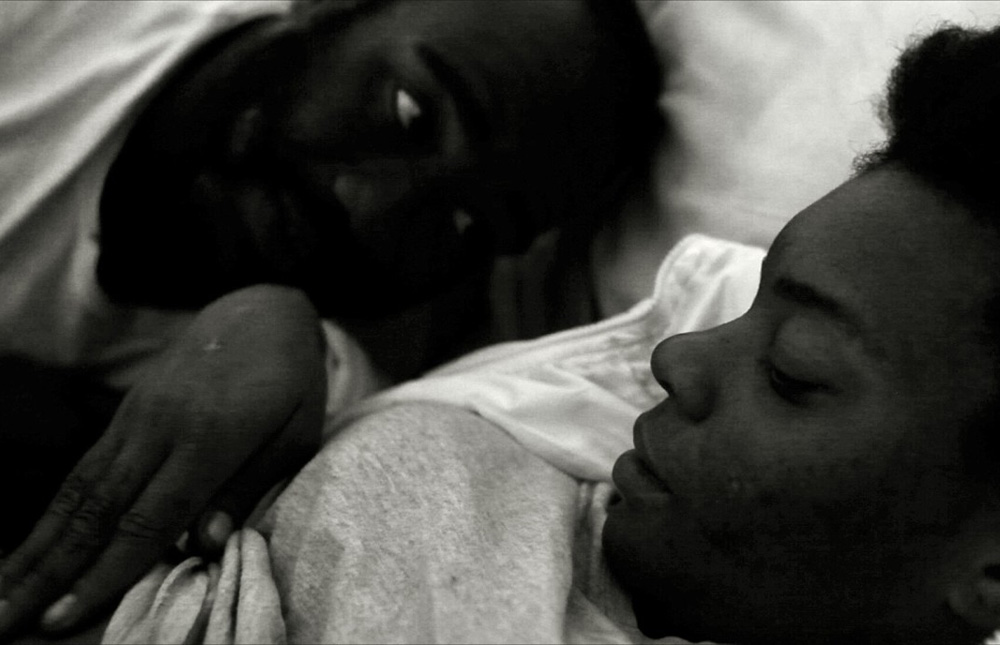“The corruption has been made, so we’re going to go through it,” says Ashley, a teenager living on the streets of El Paso in “Dirty Feathers,” referring to Biblical verse as she understands it. She isn’t the only one in Carlos Alfonso Corral’s portrait of an unhoused community who can both speak eloquently to her circumstances yet still somehow believes in a higher power while she lives outside a local shelter that doesn’t have enough beds for all who need them. Frustration isn’t a part of Corral’s film, which spends little time inside the shelter and lets one draw their own conclusions about systemic failure when it looms around the edges of the personal stories of its subjects, but they don’t dwell on it themselves, too busy living from moment to moment to think about it for too long.
There’s an immediate sense of activity and autonomy in “Dirty Feathers” to differentiate itself pretty quickly from other recent documentaries about the homeless crisis in America, opening with a man named Nathan rhapsodizing about “going through the same shit” day after day, but unbound in his thoughts and his movement, flexing his biceps as Corral presents him in muscular black-and-white cinematography, so close it seems like it might be invading his personal space yet giving him a presence that’s undeniable even when he might not feel seen by society at large. It isn’t a surprise to learn that Corral was a cameraperson for Roberto Minervini, who serves as an executive producer here, and the film reminds of their last collaboration “What You Gonna Do When the World’s on Fire,” not only in its stark monochrome aesthetic, but engagement with those it follows, letting passion in whatever form it takes, whether it’s ecstasy, anger or wanderlust, rise to the surface without inhibition.
Corral isn’t above adding a few cinematic flourishes, turning up the jazz that’s playing in the background of a scene early on at the shelter where a frenzy of conversations and people flipping dominoes as an extension of the liveliness inside, but by and large the means of production are deployed to remove any artifice typically imposed by the filmmakers or that the subjects might put up themselves, drifting from one scene to the next without an obvious narrative throughline but a strong hold on the spirit of its subjects. That inevitably leads to Brandon and Reagan emerging as the film’s central characters, a couple that can look forward to the future with a new baby on the way and dreams of opening up a soul food restaurant, largely unconcerned with the practicalities of it, given the resources that they have.
Instead, what you see time and again in “Dirty Feathers” is people making the most of what’s directly in front of them at any given time, making its way into a spontaneous campfire where canned foods are brewed into a stew served up in makeshift bowls crafted from water bottles split in half or a man gives a tour of his spread beneath an underpass that he takes as much pride in as if he were being filmed for “MTV Cribs,” beaming as he describes setting up a TV to be powered by a car battery. This isn’t a celebration in any way of subsisting in conditions that no one should have to endure, but in refusing to contextualize the situation he films with either the burden of the past or the larger society that these people feel a part of, Corral allows a story of survival to be experienced as it’s happening, seeing where they gravitate to make it to the next day, whether within the spaces they inhabit or in their mind, with hope materializing as a resource as tangible as any other.
“Dirty Feathers” will premiere at the Berlinale Film Festival.




